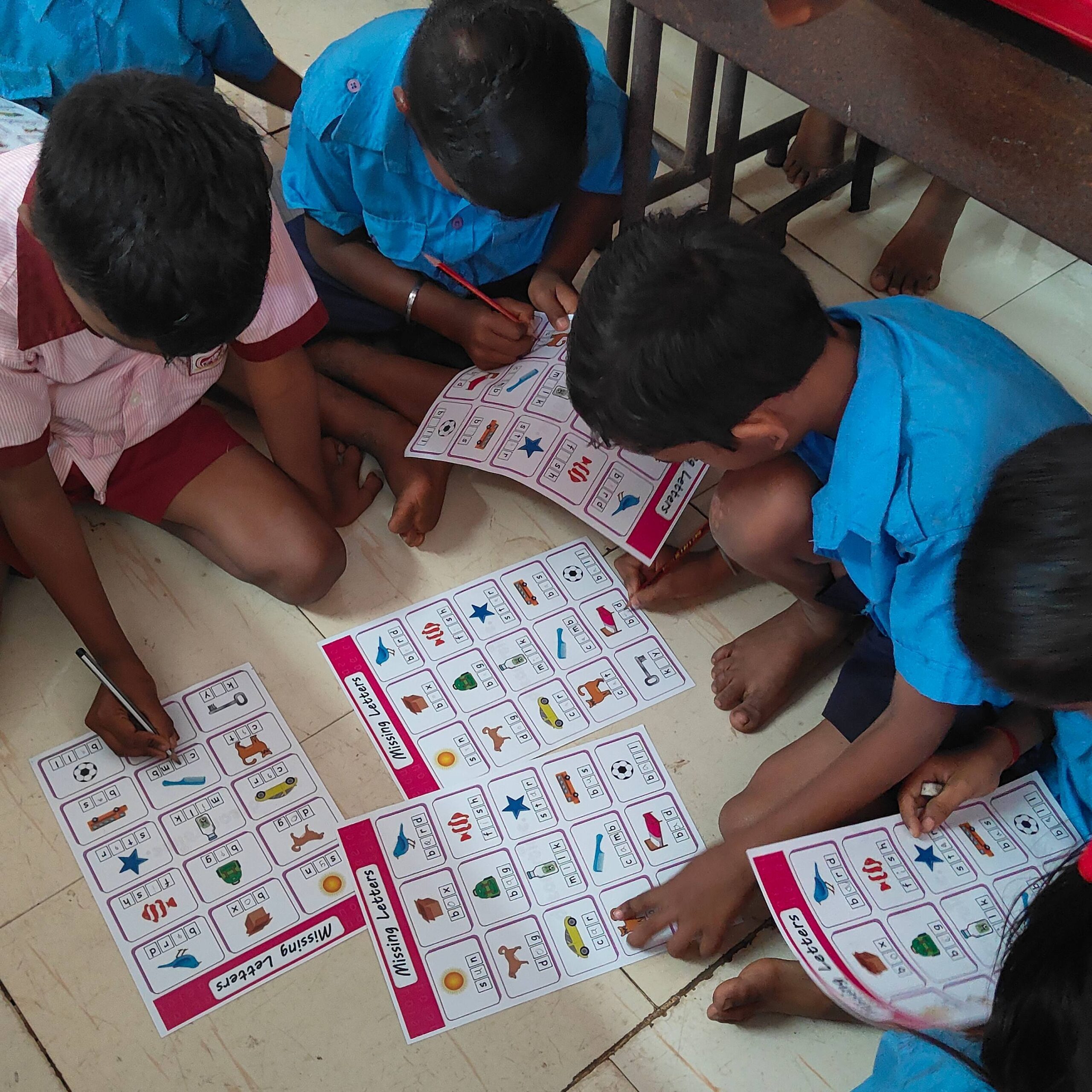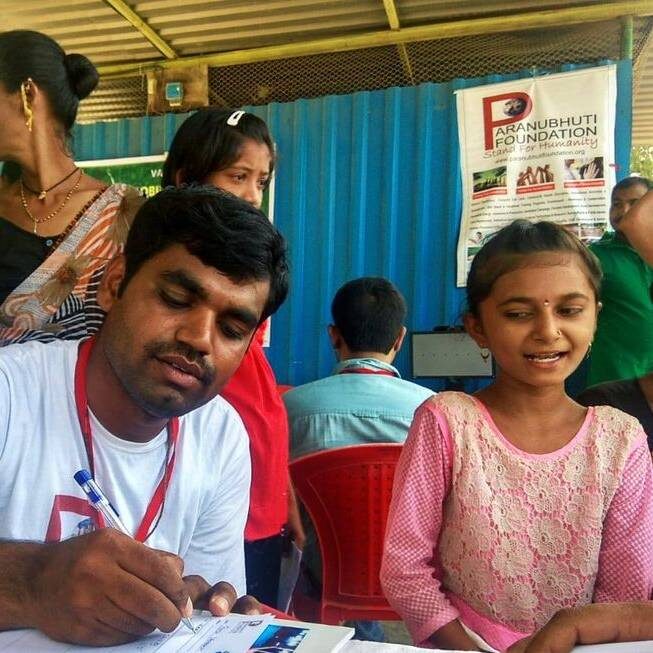What is Privilege in India?

What is privilege? You could define it as an unfair advantage in the social dynamic of a society that could empower you in ways that the one at a disadvantage can’t or you can define it as starting ahead in a race and wondering why the people behind you couldn’t keep up. In a country like India with such a richly diverse culture there are numerous privileges that can enable or in most cases disable someone. Many of us may not even be aware of where we belong in this food chain of a society. In this article, we’ll look at some of the existing differences in our Indian society.
Class privilege
This form of privilege is due to the large economic divide in the country. There is a significant wealth gap in the country with a limited number of people holding a considerable part of our resources. Access to quality Healthcare, education, and job opportunities is dependent on your economic health and this creates a cycle of disparity among the citizens with the rich continuing to thrive and succeed in various platforms.
Caste privilege
Caste is a social structure that has been ingrained into Indian society for centuries and more importantly into the minds of the people as well. The system or structure, though it has officially been abolished, continues to affect different parts of the lives of the people. People belonging to marginalized communities or backward castes continue to be systemically oppressed and thus limit their access to resources and hence perpetuate a cycle of disadvantage.
Gender Privilege
Gender privilege is another important aspect of our Indian social landscape. As a society that is drenched in patriarchy there exist numerous cases of gender-based violence, unequal pay and limited access to education. Empowering women and dismantling traditional gender roles is essential to establishing equality in our society.
Sexuality Privilege
In India, discussions around sexuality and LGBTQ+ rights have gained momentum, yet societal norms and legal constraints continue to marginalize individuals with non-normative sexual orientations. Those who identify as LGBTQ+ often face discrimination, exclusion, and lack of legal protection. Recognizing and dismantling sexuality privilege involves challenging heteronormativity and fostering a more inclusive society.
Addressing privilege in India is a long process that starts with awareness. Social and systemic Initiatives that enable Economic equality, Social Justice and gender empowerment are crucial for creating an equitable society. Most importantly education and awareness about the specific issues can make people challenge or question preexisting beliefs or Norms. The most important aspect of this process would be to erase these backward social norms from the minds of our people and we as a society should challenge them. By dismantling the various layers of privilege, India can strive towards a future where every individual, regardless of their background, could thrive and contribute to the nation’s progress.
















